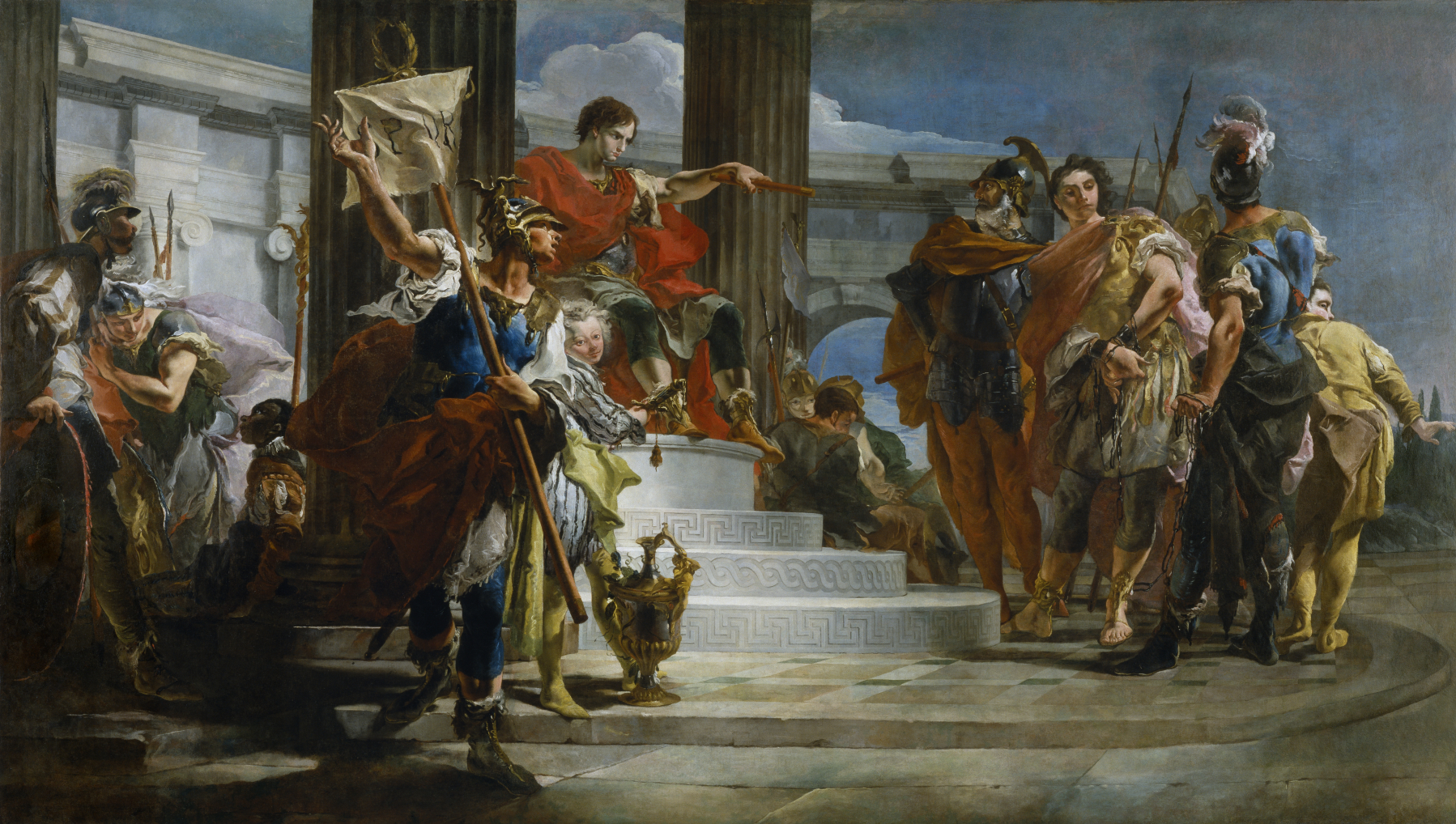Know Thyself
Where does the universe end and discrete quanta begin? Where does a collective begin and you end? How much should one value what other people think of you vs what one think about oneself?
Human beings are social animals. We exist in families, tribes, villages, cities, kingdoms, states, and empires more broadly. We live and work with others. As individuals we form larger collectives that we need in order to survive and thrive. As such, what others think of you is quite important. In 8th century Iceland if your fellow villagers felt that you were not trustworthy and chose not to work with you, there is a good chance that you would not survive the winter. Today if one is seen as rude and belligerent their coworkers are unlikely to collaborate with them and their career can be stifled. What people think of you is very important but it can’t be everything. What would have been thought of a Roman who refused to capture a Sabine woman, a Phoenician who refused to sacrifice his child to Baal even though the sacred omens had commanded it, or a German that hid Jews during the holocaust? These examples are aligned more with modern concepts of morality, largely derived from axial age religions and Christianity broadly in the west and its former colonial dominions. All of these people would have been going against the social norms of their times. However, because their actions aligned with our values and precepts rather than the alien values of their broader societies relative to us, we see them as good. In contrast though, the average Roman, Carthaginian, or German of their respective time periods would likely be appalled by modern beliefs of racial equality, inherent dignity and virtue of victims, and social egalitarianism.
 What your collective thinks of you matters, but ultimately living in line with one’s own internal system of values is the most
important thing of all in my opinion. Nothing is promised and tomorrow may not come. If one spends her life living for others in
hopes that it may lead to something, she could be disappointed by an early death or not receiving said thing. Given that nothing
is promised and death may take you at any time, one must live in such a way that independent of whether he has received the desired
fruits of his labour, he can be happy with how he spent his time. If he is not happy with that, then his life was a waste.
One needs to live life in such a way that one can truly be happy with the way he or she has lived independent of the results at death because,
the results are not guaranteed to come at any point in time.
What your collective thinks of you matters, but ultimately living in line with one’s own internal system of values is the most
important thing of all in my opinion. Nothing is promised and tomorrow may not come. If one spends her life living for others in
hopes that it may lead to something, she could be disappointed by an early death or not receiving said thing. Given that nothing
is promised and death may take you at any time, one must live in such a way that independent of whether he has received the desired
fruits of his labour, he can be happy with how he spent his time. If he is not happy with that, then his life was a waste.
One needs to live life in such a way that one can truly be happy with the way he or she has lived independent of the results at death because,
the results are not guaranteed to come at any point in time.
In order to do this, one must understand what one values. What is the type of lifestyle that one sees as good in and of itself? How is one to treat people, spend his time, as well as to interact with others and the world? To answer these questions, self discovery as well as, discovering what one believes to be inherently good and inherently true are necessary to live well. If one figures out the system of values that she wants to live by, she can act in accordance with said values throughout the rest of her life. What would matter to such a person is whether or not they are living according to their principals: if people are ok with that then great, if not then oh well.